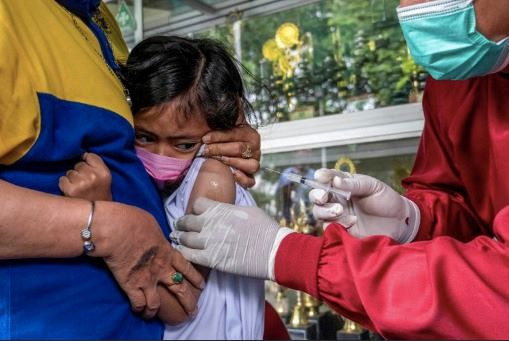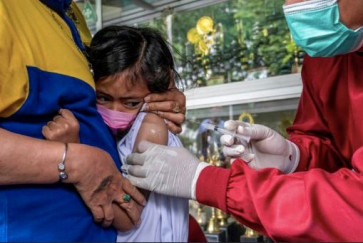Popular Reads
Top Results
Can't find what you're looking for?
View all search resultsPopular Reads
Top Results
Can't find what you're looking for?
View all search resultsCritical moment: Turning disagreement into a pandemic agreement
The upcoming World Health Assembly in late May presents an unprecedented opportunity for governments to come together, hash out their differences and create a responsive, just and equitable global health framework built upon the collective and individual lessons learned from the COVID-19 pandemic.
Change text size
Gift Premium Articles
to Anyone
I
n the aftermath of the COVID-19 pandemic, the world stands at a crossroads. The collective memory of the global crisis, which was marked by significant economic and social disruptions, calls for urgent reassessment of the global health architecture.
As the international community looks toward the World Health Assembly (WHA) late next month, the focus sharpens on two critical negotiations that promise to reshape the global response to pandemics: one on the pandemic agreement and the other on amendments to the 2005 International Health Regulations (IHR).
These negotiations are pivotal to enhancing equity in the global health architecture. The COVID-19 pandemic highlighted stark disparities in access to vaccines, diagnostics and treatments, underscoring the necessity for a more equitable health system.
With the WHO’s 194 sovereign member states negotiating directly among themselves in Geneva, the urgency to fortify the global health architecture against future crises is palpable. These negotiations are not intended to make the WHO into a super body, nor do the current drafts contain a single provision toward such an objective.
The goal is ambitious yet clear: to establish a robust framework that ensures effective prevention, preparedness and response to health emergencies. This endeavor calls for a comprehensive approach that addresses the need for equitable access to health resources and the importance of strengthening health systems worldwide.
At the heart of the negotiations is equity. For developing countries like Indonesia, the principle of equity transcends the mere equitable allocation and distribution of vaccines, therapeutics and diagnostics. It also encompasses access to technology, capacity building, sustainable financing, transparent and accountable governance and a reimagined global health infrastructure that enables local and regional resilience.
Indonesia has been a particularly vocal advocate for the pathogen access and benefit-sharing (PABS) system. This initiative seeks to balance access to pathogens and genetic sequencing data with equitable sharing of derivative benefits, and represents a shift from traditional, charity-based approaches toward a model of equal partnership.



















